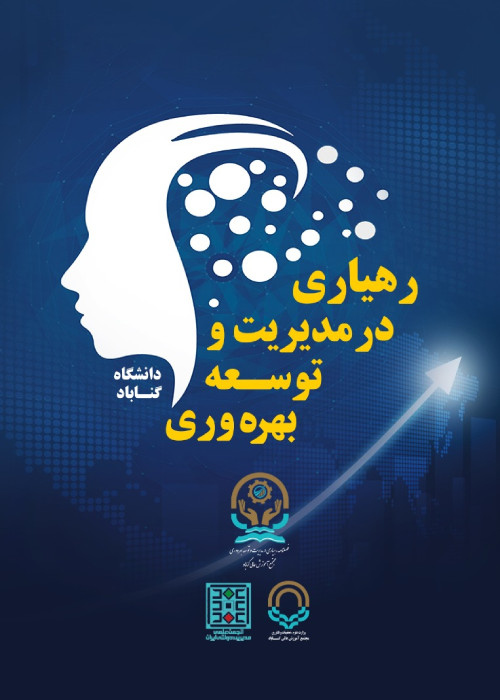Designing a Model of Factors Affecting the Functions of Mentoring and Testing It in the Electricity Industry
Organizations consider mentoring as one of the methods of human resource training in order to maintain their competitive position. This study was conducted to design and test a model of factors affecting the mentoring functions. By reviewing previous studies, a list of factors affecting the mentoring functions was identified and in order to localize and achieve the final list, the opinions of the decision team were counted using the Delphi technique. The decision team consisted of 19 experts with experience in the field of mentoring or human resources in the Khorasan Regional Electricity Company. The final list was classified by the decision team into three main categories: factors related to mentor, factors related to protege and contextual factors. Using the DEMATEL technique, a model of factors was designed and tested by distributing a questionnaire among a group of employees working in the Khorasan Regional Electricity Company. The results showed that the factors related to mentor directly affect the contextual factors and also the factors related to mentor indirectly affect the contextual factors through the factors related to the protege. In other words, the factors related to mentor are the independent variable, the contextual factors are the dependent variable and the factors related to protege are the intermediate variable in the model.
-
Evaluating the Competencies of Managers with a 360-Degree Model and Examining the Relationship between Organizational Performance and the Manager's Citizenship Behaviour with Different Stakeholders
Mahdi Torkamani, *, Amir Hajimirzajan
Road journal, -
Ranking of Factors Influencing the Implementation of Human Resources Policy with Emphasis on the Civil Service Management Act
Mitra Mohammadzadeh Kalati, Gholamreza Memarzadeh Tehran *, Mohammadjavad Kameli, Mirali Seyed Naghavi,
Quarterly Journal of The Macro and Strategic Policies,



